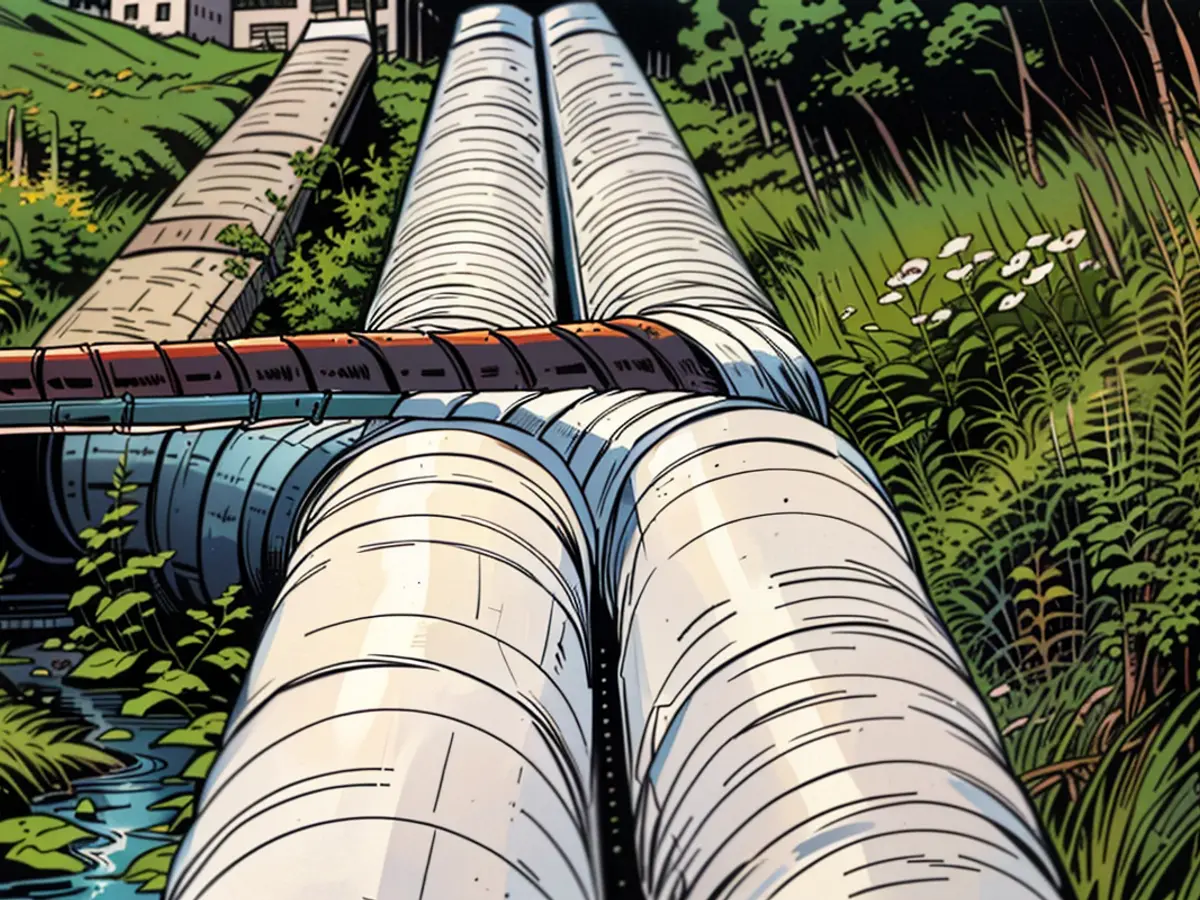Heating - Municipal heating planning is progressing
To make heating pieces for pieces more climate-friendly, cities and municipalities need to draw up heating plans - around two-thirds of the communes in Rhineland-Palatinate have applied for funding for this purpose so far. 114 of 170 communes have submitted applications for financial support for communal heating planning to the Federal Government, according to Referatsleiter Paul Ngahan in an interview with the German Press Agency in Mainz. However, only 47 of these have received approval.
This amounts to approximately 6.1 million Euros in funding. This money creates jobs and generates regional added value. "The implementation of the energy transition with the construction of heating networks and the exchange of old, fossil heating systems is a job motor," emphasized Ngahan.
First plans should be completed by the fall
The first plans for communal heating supply are expected to be completed by the fall or at the latest by the end of the year, reported Referatsleiter Martin Bach. 67 municipalities are waiting for approval of their funding applications. Some municipalities did not apply, some out of uncertainty, others are waiting for the state-level implementation of the heating planning legislation, which came into effect at the beginning of 2024 (WPG). It is therefore expected to be calculable in the first quarter of 2025.
Large cities are required to submit heating plans by the end of June 2026, smaller cities and municipalities with fewer than 100,000 inhabitants by the end of June 2028. The requirements were defined in the new federal heating planning law.
Communal heating planning is "a real opportunity"
Communal heating planning is a real opportunity for every municipality and for Germany as a whole to make progress towards a CO2-free heating supply, said Bach. At the same time, a value is created, as buildings are better tempered in the summer through the installation of heat pumps and can even cool down slightly.
"Heating supply is a very important lever to make the energy transition," emphasized Referatsleiterin Susan Fangerow. After all, more than half of the energy consumption comes from the heating sector. Around 60% of the heat is used for heating and hot water. The heating supply of the housing stock comes to about 88%. Gas is the most common energy source in Rhineland-Palatinate, accounting for 54%. A quarter of it comes from heating oil, and only 7% from district heating.
The Energy Agency supports municipalities in the preparation of heating plans by advising and accompanying the process. In addition, it provides central data to municipalities. New maps have been published in the Energy Atlas of the State, which depict data on heating demand and existing district heating networks. Most municipalities also engage an external service provider to analyze their inventory and look for savings or the possibility of switching to renewable energies.
- To transition towards more climate-friendly heating, cities in Rhineland-Palatinate, like Mainz, are actively participating in the renewable energy sector by applying for funding for communal heating planning.
- The Rhineland-Palatinate state government has seen significant interest in communal heating planning, with over 114 out of 170 municipalities seeking financial support for this initiative.
- Despite the high number of applications, only 47 municipalities have received approval so far, signaling the need for a more streamlined and efficient approval process for renewable energy projects.
- To support municipalities in their transition to renewable energy sources, the Energy Agency provides guidance and central data on heating demand and existing district heating networks, encouraging the use of heat pumps and district heating to reduce reliance on fossil fuels like gas and heating oil.








